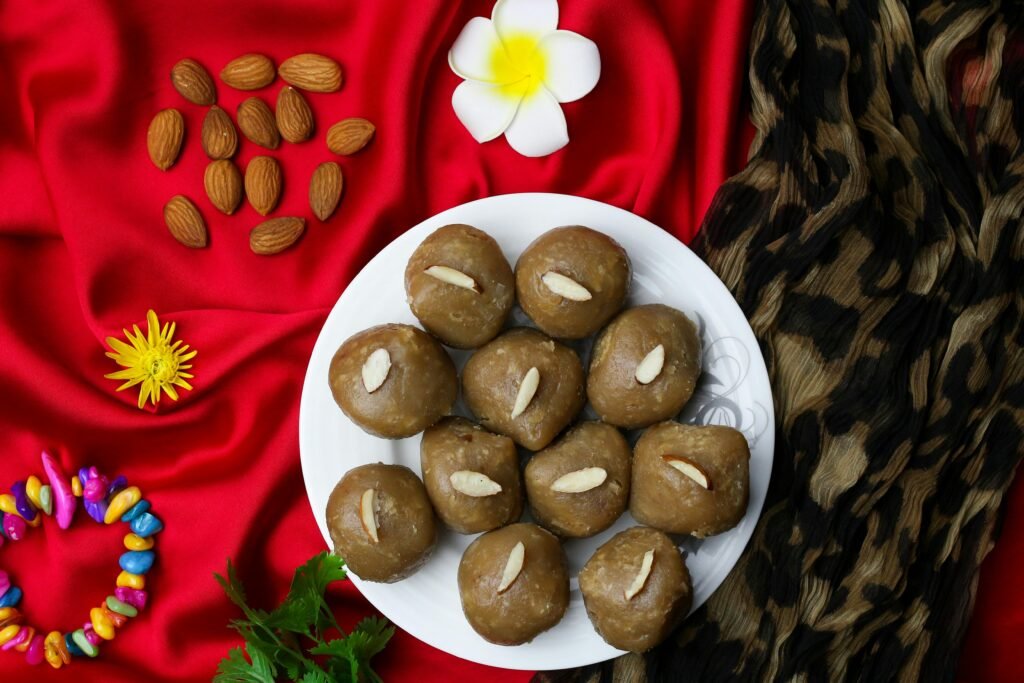When it comes to infant nutrition, parents often seek the most natural and nutrient-rich foods. A2 ghee has been a part of traditional Indian diets for centuries, known for its numerous health benefits. Made using the bilona ghee method, this golden elixir is extracted from A2 milk, making it a pure and highly digestible fat source. While A2 desi ghee is packed with essential vitamins and fatty acids, concerns about its safety and suitability for infants persist. Let’s explore the benefits, common myths, and safety aspects of desi ghee in an infant’s diet.
Benefits of A2 Ghee for Infants
- Supports Brain Development
Infants need healthy fats for cognitive development. Premium A2 ghee is rich in omega-3 and omega-6 fatty acids, which are crucial for brain function and neural development. Regular consumption of A2 desi ghee can help improve memory, concentration, and overall cognitive growth. - Boosts Digestion
Newborns have delicate digestive systems, and bilona ghee acts as a natural digestive aid. The butyric acid in A2 ghee promotes gut health, improves nutrient absorption, and reduces constipation in infants. Adding a few drops of desi ghee to baby food can help with smoother digestion. - Strengthens Immunity
Infants are prone to infections due to their developing immune systems. The fat-soluble vitamins A, D, E, and K in A2 ghee help enhance immunity, strengthen bones, and promote healthy skin. These nutrients protect infants from infections and aid overall development. - Provides Energy and Weight Gain
Infants require a calorie-dense diet to support growth. The healthy fats in A2 desi ghee provide sustained energy, aiding weight gain without burdening the digestive system. This makes bilona ghee a great addition to a baby’s diet, especially for underweight infants. - Keeps Skin Soft and Nourished
Traditionally, desi ghee has been used for baby massages due to its moisturizing properties. Applying A2 ghee on an infant’s skin can prevent dryness, heal rashes, and keep their skin soft and supple.
Common Myths About A2 Ghee for Infants
🔹 Myth 1: Ghee is Heavy and Hard to Digest
✅ Truth: A2 ghee is light on digestion due to its rich butyric acid content, which promotes gut health.
🔹 Myth 2: Ghee Causes Obesity in Babies
✅ Truth: Healthy fats in A2 desi ghee support healthy weight gain, not obesity, when given in moderation.
🔹 Myth 3: Infants Should Not Consume Fatty Foods
✅ Truth: Babies require good fats for brain and bone development, and bilona ghee is one of the best sources.
Is A2 Ghee Safe for Infants?
Yes! A2 ghee is safe for babies above 6 months, as per pediatric recommendations. Start with 2-3 drops of desi ghee in baby food, and increase as the baby’s digestion adapts.
👉 Precautions:
✔️ Use pure, bilona ghee to ensure quality and avoid adulterated products.
✔️ Introduce ghee gradually to check for any allergic reactions.
✔️ Always consult a pediatrician before making dietary changes.
How to Include A2 Ghee in an Infant’s Diet
In Dal or Khichdi: Add a few drops of Pure A2 ghee for better digestion and flavor.
With Rice or Porridge: Mix A2 ghee with mashed rice or porridge for enhanced nutrition.
As a Massage Oil: Apply bilona ghee to nourish and protect the baby’s skin.
Final Thoughts
Including A2 ghee in an infant’s diet provides numerous health benefits, from improved digestion to stronger immunity. Packed with essential nutrients, A2 desi ghee, bilona ghee, and desi ghee are excellent choices for growing babies. Ensure you choose high-quality, traditionally prepared ghee for maximum benefits. Always consult a doctor before introducing A2 ghee to your baby’s diet for the best results.

